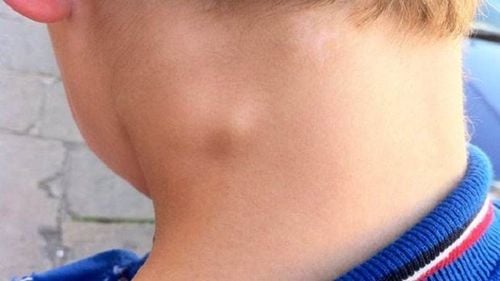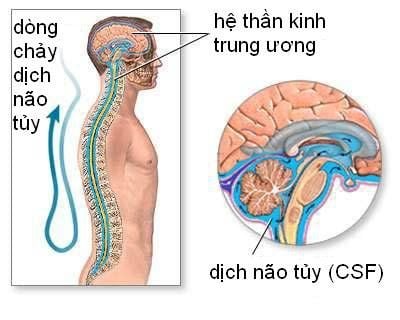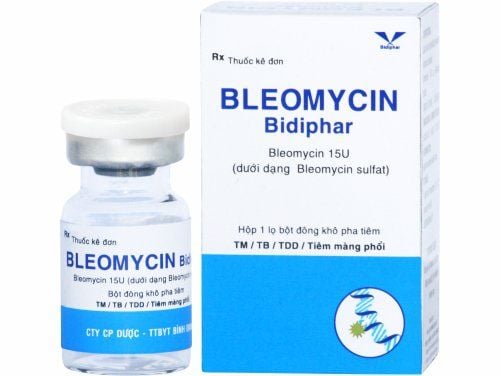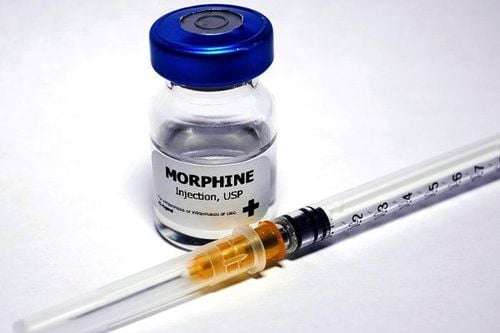This is an automatically translated article.
The article was written by Doctor Nguyen Thuy Dung - Pediatric Oncologist, Pediatric Center - Vinmec Times City International General Hospital.Childhood cancer cells are undifferentiated cells, while adult cancer cells are mature cells. In adults, there are lifestyle-related cancer risk factors, however, in children, these factors do not play a major role.
1. What are the most common childhood cancers?
Cancers in children are different from those of adults. The most common tumors are: brain tumor, acute leukemia, lymphoma (Hodgkin and non-Hodgkin), neuroblastoma, Wilms tumor, retinoblastoma, bone cancer.>> See also: Childhood cancer: What you need to know - Article written by T.S, B.S Pham Thi Viet Huong - Doctor of Hematology - Oncology - Hematology and Cell Therapy Unit - Medical Center Study of Cell Regeneration and Therapy, Vinmec Times City International General Hospital
2. What are the causes and risk factors of childhood cancer?
2.1 Genetic changes Cell division occurs in most tissues in the body. Cell proliferation and death are tightly regulated. When there is a mutation in the DNA, cells proliferate out of control and do not die cyclically. This leads to the formation of tumors.Some children receive genetic mutations from their parents that increase their risk of cancer.
In some cases, DNA changes occur during pregnancy that are not inherited from the parents.
2.2 Lifestyle and living environment In adults, there are lifestyle-related cancer risk factors such as: smoking, being overweight, unhealthy eating...; factors related to the living environment such as radiation exposure, chemical waste... However, in children, these factors do not play a major role.
2.3 Unknown The majority of childhood cancers are in this group.
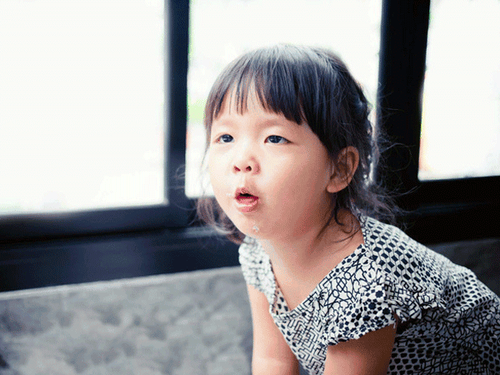
3. What is the difference between childhood and adult cancers?
3.1 Different types of cancer Children often encounter the above cancers. For adults, the most common types of cancer are: breast, gynecological, thyroid... for women and prostate, lung, colorectal... for men.3.2 Childhood cancer responds better to treatment Most of the low-risk pediatric groups respond well to systemic chemotherapy. This difference is due to the fact that children's cancer cells are undifferentiated cells, while adult cancer cells are mature cells.
4. How can childhood cancer be prevented?
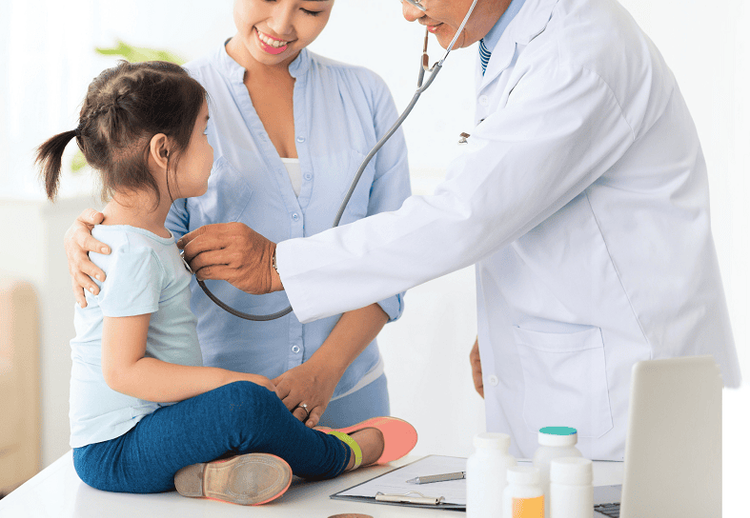
Follow up and screen for families with genetic factors for cancer. Monitor secondary cancers (due to cytotoxic drugs, radiation) with children undergoing cancer treatment. Pregnant mothers need to lead a healthy lifestyle and avoid living environments exposed to toxic chemicals and wastes. Detecting abnormal signs in children such as: unexplained persistent fever, prolonged headache, weight loss, anemia, abnormal masses on the body...
5. What is the treatment for childhood cancer?
Combination of chemotherapy, surgery, radiation therapy depending on the type of tumor, location and stage of the disease. Monitor side effects after each treatment session. Periodic follow-up within the first 5 years after the end of treatment. The pediatric department at Vinmec International General Hospital is the address for receiving and examining diseases that infants and young children are susceptible to: viral fever, bacterial fever, otitis media, pneumonia in children ,....With modern equipment, sterile space, minimizing the impact as well as the risk of disease spread. Along with that is the dedication from the doctors with professional experience with pediatric patients, making the examination no longer a concern of the parents.MORE:
Basic understanding of childhood cancer How to treat childhood cancer with high results? Signs of oropharyngeal cancer in children
Please dial HOTLINE for more information or register for an appointment HERE. Download MyVinmec app to make appointments faster and to manage your bookings easily.





